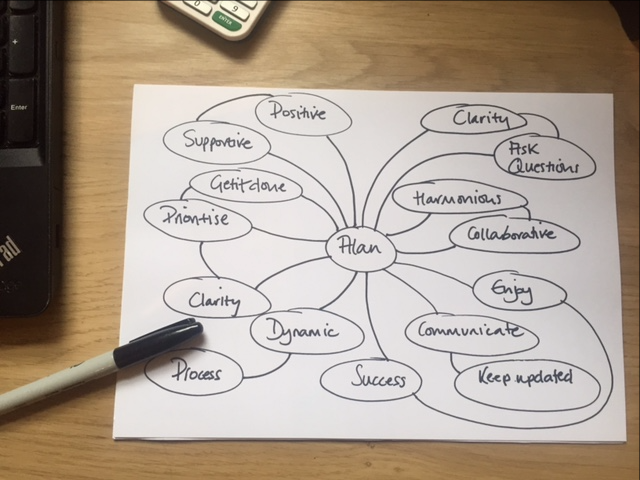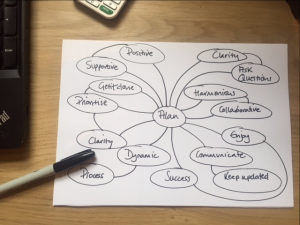

“In my experience, it doesn’t help to go delving too deeply into the problem…”
(To receive this content in video format, click the link above).
It is not unusual for a leader to express their frustration at their team or a member of their team for not stepping up and taking responsibility.
There may be several reasons for their reluctance to step forward and really take ownership and it may be that you will never really know why.
In my experience, it doesn’t help to go delving too deeply into the problem. You can analyse and rationalise as much as you like, but the problem will remain and your frustrations will grow along with their resistance to step up.
Imagine a new Manager, Rory. One of his team members is Alan. Alan appears to be working very hard. He is often the last to leave. But he doesn’t communicate, so Rory never really knows what Alan is doing and what his workload is really like. In the past, Rory has found Alan to be quite defensive when he has asked about how he is spending his time. Not one for confrontation, Rory has backed off and has let him get on with it.
Have you recognise this sort of dynamic?
Next time you notice that a team member is resisting you, maybe try this exercise before you meet:
Take a pen and paper, and write down their name in the centre, then write down whatever words come to you that sum up how you would like the ideal relationship to be with that person. See below:

Once you have completed the exercise, you will find you have much better clarity of what you want and why you want it.
In Rory’s case, because he has something of a vision for how they might best work together, he can now focus on ‘the future relationship’ rather than ‘Alan’s failings’.
This simple exercise moves attention away from the frustrations and the problems Rory is experiencing with Alan, allowing space for him to create a new relationship, together with clear boundaries about the expectations he has.
In addition, Rory has opened up the communication channel between himself and Alan.
It’s time to have that chat!
To find out more about EPiC Leadership, click here to arrange a conversation with one of our Consultants.






